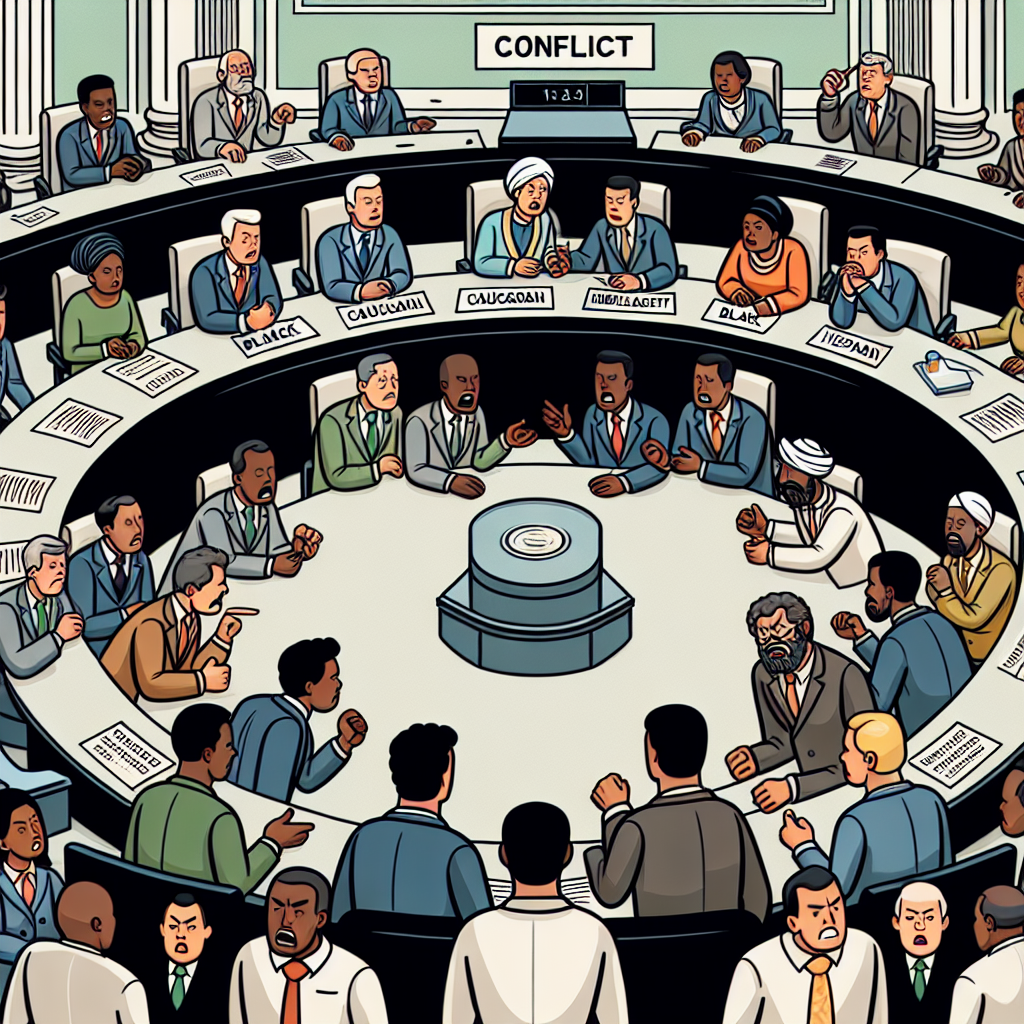Escalating Conflict: Israeli Air and Ground Strikes Kill 14 in Gaza
Israeli forces killed 14 Palestinians in Gaza, with intensifying battles against Hamas. Shelling and airstrikes resulted in casualties in multiple areas, raising concerns amid displaced residents facing encroaching seas. Efforts for a ceasefire led by the U.S., Qatar, and Egypt face significant challenges, prolonging the conflict and humanitarian crisis.

Israeli forces killed at least 14 Palestinians in tank and air strikes on north and central areas of the Gaza Strip on Friday, medics said, as tanks advanced further into northwest Rafah near the border with Egypt.
The unrelenting fighting between the Israelis and Hamas militants in the enclave carried on even as a parallel conflict in the Lebanon-Israel border area involving Hamas' allies Hezbollah intensified. Meanwhile some Palestinians displaced by the Israeli assault on Gaza said they feared their temporary beachside camp would be inundated by high waves.
Palestinian health officials reported that shelling by Israeli tanks killed eight people and wounded several others in the Nuseirat refugee camp in the central area of Gaza. Additionally, six others died in an airstrike on a house in Gaza City. In Beit Hanoun, a northern town, an Israeli strike on a car resulted in more Palestinian casualties, medics confirmed.
Uncertainty clouds the exact number of civilian versus combatant casualties. In Rafah, Israeli tanks advanced further northwest, supported by aircraft, amid heavy fire and explosions, residents relayed. Hamas media reported Israeli forces demolished several houses in the city's eastern parts.
Hamas' armed wing stated, "Our fighters are engaged in fierce gunbattles against Israeli forces, who advanced into Tanour neighborhood in Rafah." Meanwhile, the Israeli military reported that operations in Rafah have, in past weeks, killed hundreds of Palestinian militants, dismantled tunnels and explosives, and obliterated military infrastructure.
An international effort to finalize a ceasefire between Israel and Hamas has hit a standstill, primarily over Israel's demands to maintain control over the Philadelphi corridor and the specifics of a prisoner exchange.
In a new challenge, Palestinians displaced to the Al-Mawasi area face threats from surging sea levels. Shaban, a displaced electrical engineer, voiced his distress, "Enough, enough, enough. We were pushed by the occupation to the sea, where we believed it was safe; last week the sea flooded and washed away some tents. That could happen again—where would we go?"
The current conflict began on October 7 when Hamas attacked Israel, resulting in significant casualties and hostages. Israel responded with a large-scale assault on the Hamas-controlled Gaza Strip, resulting in extensive fatalities, displacement, and humanitarian crises, amid ongoing ceasefire negotiations.
(With inputs from agencies.)
ALSO READ
Hamas official says Gaza ceasefire talks have resumed after weekslong hiatus
Indefinite ceasefire agreement reached in Pakistan's volatile Kurram district
Middle East latest: Negotiations on Gaza ceasefire have resumed, Hamas says
Fragile Ceasefire in Peril: Israeli Strikes Hit Southern Lebanon
Iran, Russia, and Turkey Unite for Syrian Ceasefire










